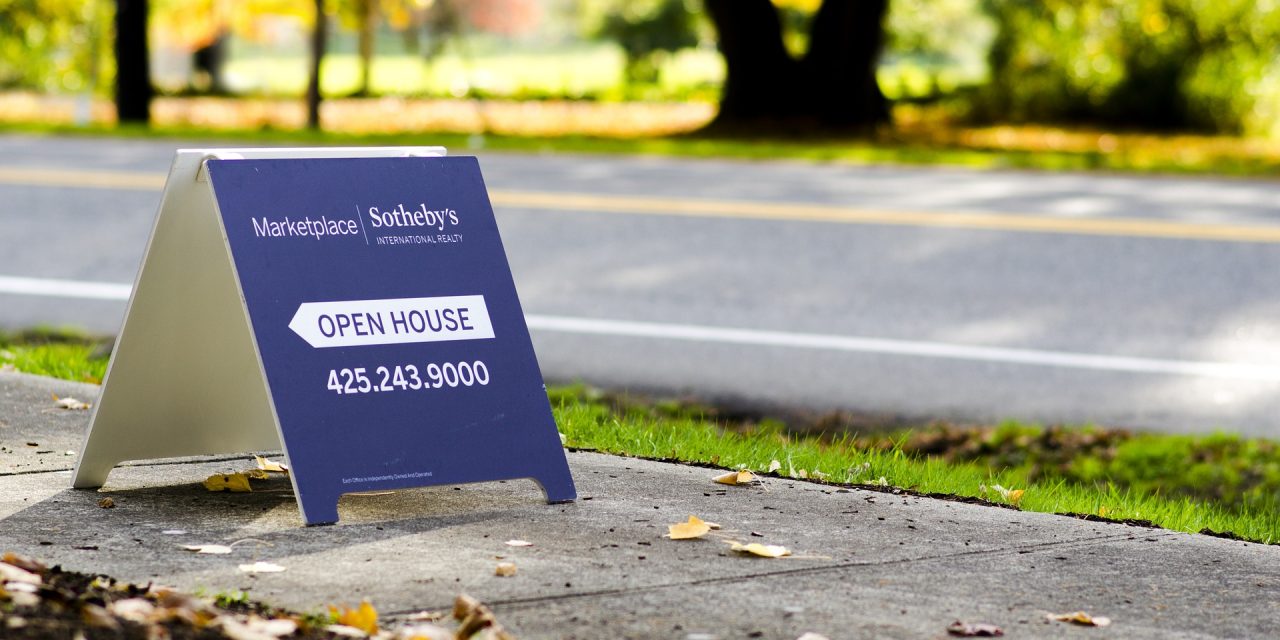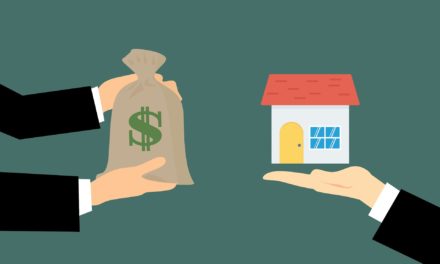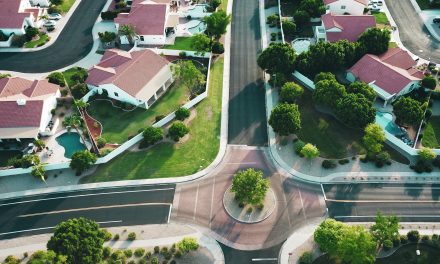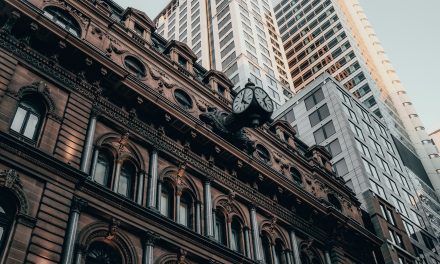Natalie Di Paola
Buying your first house can be quite intimidating, with many not knowing where to start or what might be involved in the process.
The first and most important step is to be prepared financially. Your budget will help you decide what you can and cannot afford. Also, having a deposit saved will not only help your credit worthiness, but also speed along the buying process.
David Woods from LJ Hooker, Roseville used to be a broker and says that the first thing he would look at was whether the buyer had a deposit or not. “If you didn’t have one, I had better things to do,” he says.
Before you can receive a home loan, your bank will assess your credit worthiness, which includes looking at your deposits, serviceability and income. The better your credit worthiness is, the better the chance you have with the bank.
David recommends cancelling your credit cards before applying for a home loan and reinstating them after. This will reduce the interest rates and you can access money via your home loan and bank in the mean time.
The Government can also provide financial assistance if you are eligible. They offer the First Home Owner Grant (New Homes) scheme and the First Home Buyers Assistance scheme to assist first home owners in buying or building a new house.
“Go with it because you only get it once,” says David. For unmarried couples, David advises that they both use the schemes to purchase separate properties to make the most of the benefits.
The next step is shopping for houses, with or without a broker. If you do want a broker, David recommends shopping around as “people have different styles and varied experiences.”
David also urges “don’t fall in love with your first property. See what it looks like on paper as an investment.”
Shopping around and viewing the house as an investment will help to determine what you desire in a house and whether or not you are getting a good deal.
Asking questions is also important in getting the most out of your experience. “Ask 20 questions and see 20 properties. If you haven’t done one of those two things, then you shouldn’t be buying,” says David.
Once you’ve settled on a house, have it inspected by a professional and scrutinise the contract with a solicitor to make sure that the house is as expected. According to David, inspecting the same type of house on other properties is “a great way to get an idea of value for money.”
If you are ready to purchase a property, David advises to do so now as interest rates are the lowest in history.












